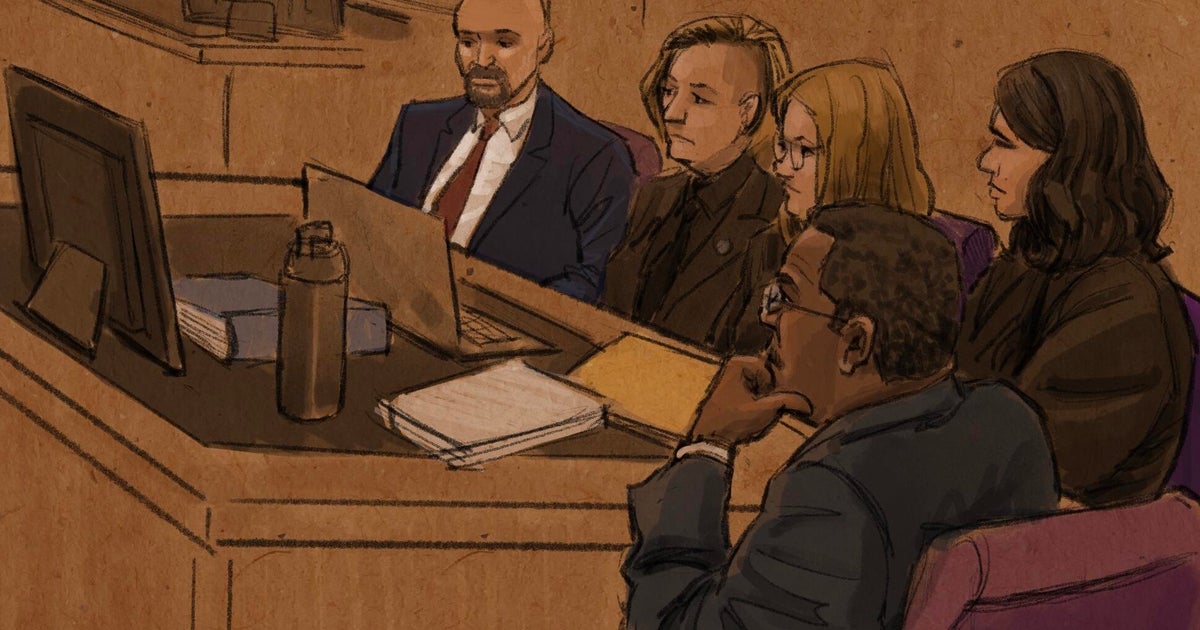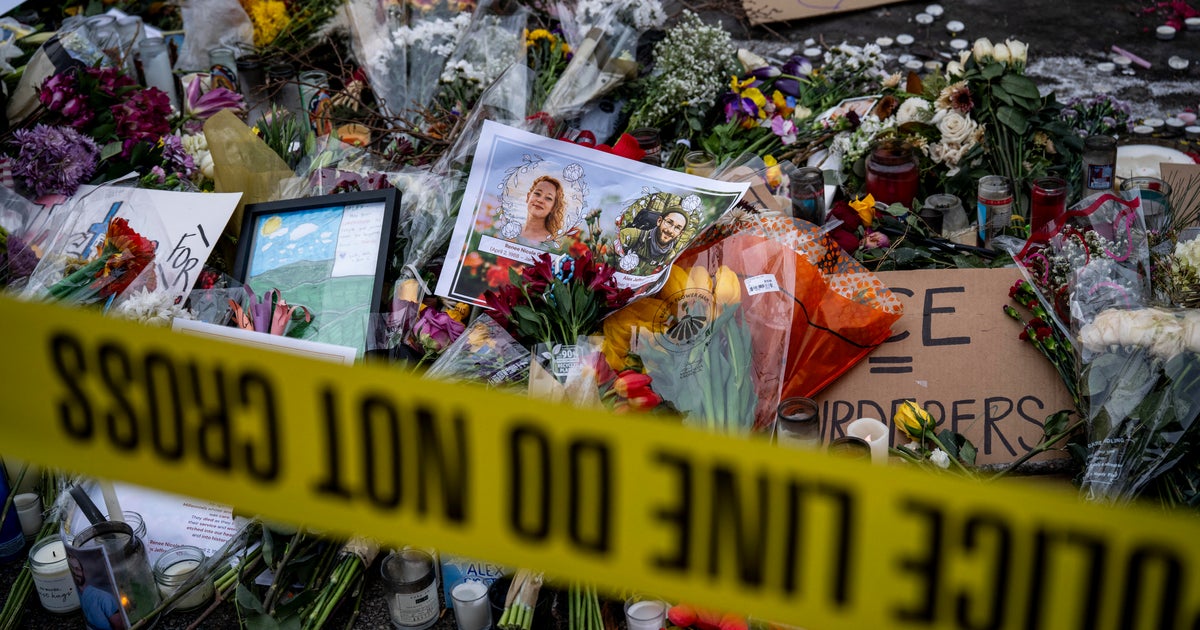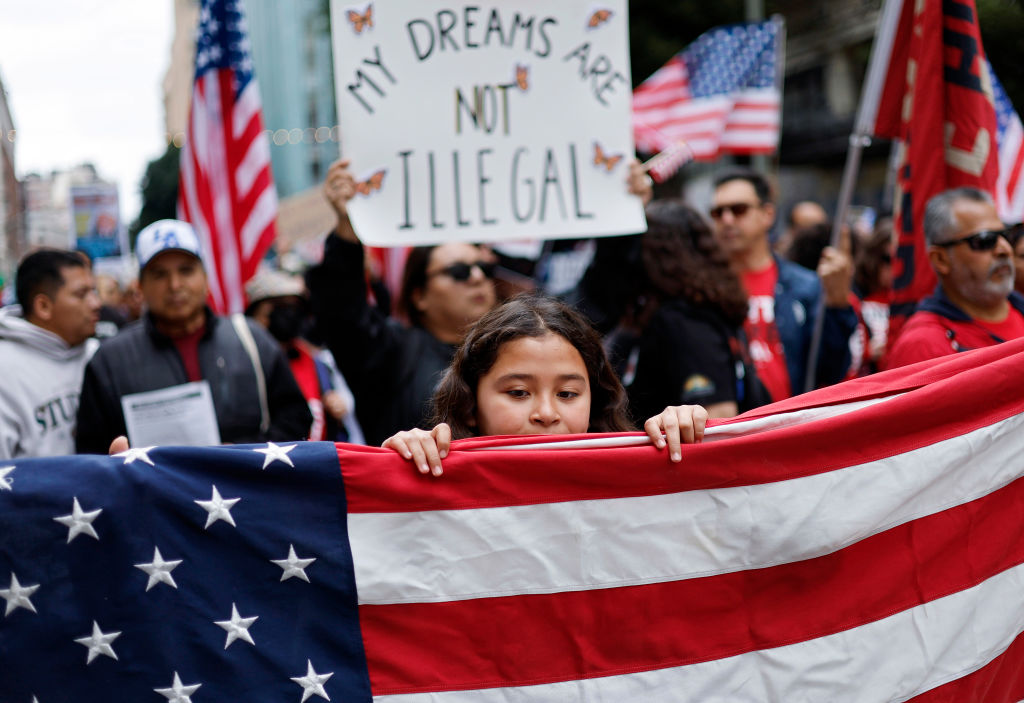U.S. to make it easier for low-income immigrants to secure permanent residency
The Biden administration will make it easier for low-income immigrants to become permanent U.S. residents through a new regulation in December that will mark a dramatic shift from strict Trump-era immigration requirements, the Department of Homeland Security (DHS) announced Thursday.
A DHS regulation set to take effect Dec. 23 will codify longstanding standards that dictate when immigrants can be considered an economic burden on the country, or a "public charge." An immigrant found to be a public charge would be disqualified from obtaining permanent residency, or a green card.
The Biden administration's new rules represent a significant departure from those put in place by former President Donald Trump on who falls into this category. During the Trump administration, DHS dramatically expanded the number and types of government benefits used by some immigrants that could make them ineligible for permanent residency.
Under the Trump-era rule — which took effect in 2020 after a months-long legal battle — the use of housing vouchers, food stamps and Medicaid could be counted against immigrants seeking green cards. The Trump regulation also created a new test that considered applicants' income, age, medical conditions, skills and family size to determine whether they were likely to rely on these benefits in the future.
Under the rule taking effect in December, U.S. Citizenship and Immigration Services (USCIS) will only consider green card applicants a public charge if "they are likely at any time to become primarily dependent on the government for subsistence."
That could be the case if they need long-term government-funded institutionalization or public cash-benefit programs, such as Supplemental Security Income or Temporary Assistance for Needy Families.
The Trump administration said its rule promoted immigrant self-sufficiency. But advocates for immigrants denounced the policy as a draconian wealth test, highlighting the "chilling effect" it had on immigrant families, including those with U.S. citizen children, who feared accessing benefits they qualified for.
Within two months of President Biden taking office, his administration stopped defending the 2019 public charge rule against lawsuits, allowing a federal court ruling to block the policy, which Homeland Security Secretary Alejandro Mayorkas said "was not in keeping with our nation's values."
In February, the Biden administration released a draft version of its own public charge regulation, which received more than 10,000 public comments. The administration on Thursday said its regulation was designed to curb the "chilling effect" the Trump-era rule had on mixed-status immigrant households.
"This action ensures fair and humane treatment of legal immigrants and their U.S. citizen family members," Mayorkas said in a statement Thursday. "Consistent with America's bedrock values, we will not penalize individuals for choosing to access the health benefits and other supplemental government services available to them."
Hundreds of thousands of immigrants apply for U.S. residency every year, most of them based on sponsorship requests from family members with U.S. citizenship, or from employers. Those granted refugee or asylum status are also eligible to apply for green cards, though the public charge rules don't apply to them.
In the 2021 fiscal year, USCIS received roughly 648,000 green card applications, according to government data. During the first half of the 2022 fiscal year, the agency recorded 280,000 new green card requests.
The public charge test was first codified into U.S. law in the late 19th century, when the federal government started regulating immigration, particularly from non-European countries. During the same time period, Congress passed the Chinese Exclusion Act, barring most immigration from China for decades.
The 2019 public charge rule was part of a broader Trump administration effort to limit legal immigration. Under former President Donald Trump, the U.S. slashed refugee admissions to record lows, sought to ban immigrants who could not afford health care, and issued a partial immigration ban during the pandemic.
The Biden administration has reversed Trump's immigration limits and dramatically increased refugee spots. But it has struggled to rebuild the gutted refugee resettlement infrastructure and reform a legal immigration system crippled by bureaucratic delays, reliance on paper records, and a mounting backlog of unresolved cases.






